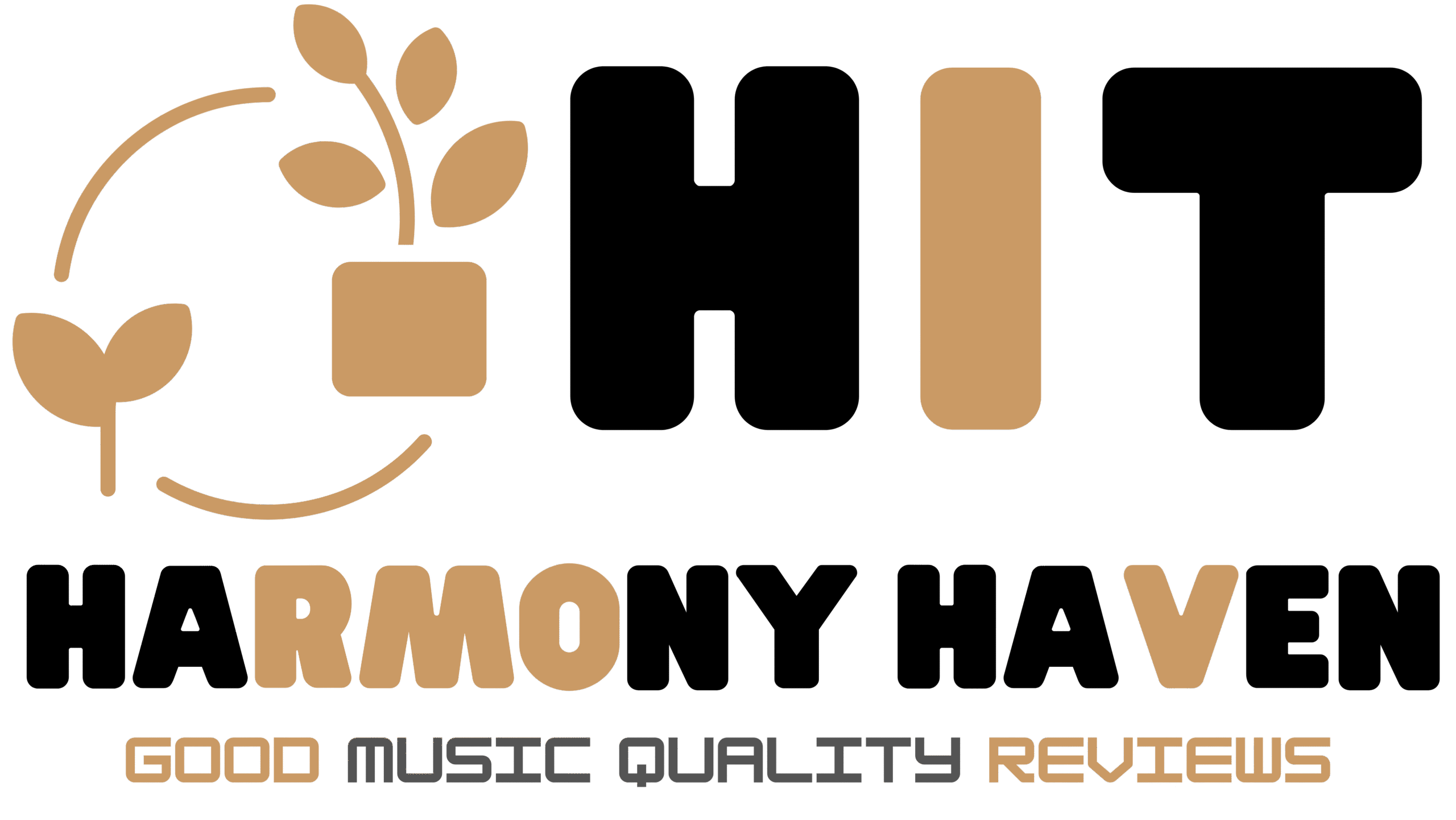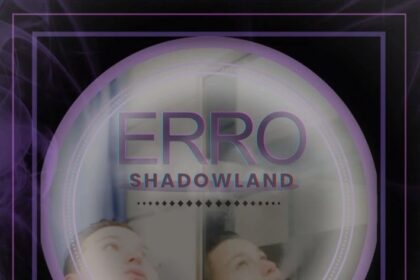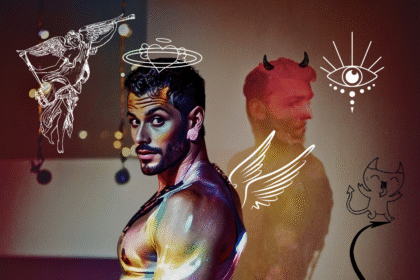Billie Eilish has never been one to play it safe, and her third studio album, Hit Me Hard and Soft, proves she’s more fearless than ever. Released with minimal promotion and no pre-drop singles, the project feels like a secret whispered in your ear—an invitation to experience something intimate, unfiltered, and bold. It’s a record that doesn’t ask for your attention—it commands it.
From the first track, “SKINNY,” Billie draws us into a world of hushed vulnerability and distorted beauty. The lyrics cut close to the bone, exploring body image and self-perception in a way that feels brutally honest without ever veering into melodrama. Her voice—always ethereal—floats delicately over Finneas’s haunting production, and the arrangement blooms in unexpected directions, setting the tone for the experimental ride ahead.
One of the most striking elements of this album is how fluidly it moves through styles. “LUNCH,” a bouncy, flirtatious track about queer desire, crashes in with a playful energy that feels miles away from the melancholy opening. It’s irreverent, cheeky, and refreshingly open—Billie’s most liberated moment on record. The way she plays with vocal layering and phrasing gives it a personality all its own, and it’s impossible not to grin at her boldness.
Then there’s “CHIHIRO,” easily one of the most emotionally textured songs Billie has ever released. Named after the protagonist of Spirited Away, the song fuses hypnotic house rhythms with eerie, whispered lyrics about memory, loss, and transformation. The production is sparse but immersive; it doesn’t just support the song—it becomes a character within it. This track alone cements the album’s experimental edge and shows Billie’s evolving artistry in full force.
The heart of the album lies in its emotional duality—softness and pain, vulnerability and bravado. Tracks like “BIRDS OF A FEATHER” and “THE DINER” play with these contrasts beautifully. The former is almost cinematic in its sweep—lush strings and delicate vocals conjure a kind of tragic devotion. The latter, however, slips into something much darker and off-kilter, telling a story that feels voyeuristic and surreal. Billie leans into the discomfort, and the result is mesmerising.
It’s worth highlighting how cohesive the album feels despite its genre shifts. Credit goes not only to Billie’s distinctive vocal identity but also to Finneas’s production, which acts like a spine throughout. The sound design is rich with analogue textures—tape hiss, reverbs, and layered harmonies that feel handcrafted. Each track bleeds into the next with intention, giving the album a dreamlike, uninterrupted flow.
Lyrically, Hit Me Hard and Soft marks Billie’s most confident and self-aware writing yet. She’s still grappling with fame, heartbreak, identity, and desire, but there’s a sharpness to her pen now—less passive, more probing. She’s writing not just from experience but with perspective, and the result is poetry that lingers long after the music fades. It’s an evolution, yes, but also a reclaiming.
Ultimately, Hit Me Hard and Soft is Billie Eilish’s finest work to date—a fearless dive into emotional complexity, sonic exploration, and self-expression. It refuses to be boxed in, and that’s precisely its power. Listening to it feels like walking through a mirror: you emerge on the other side changed, slightly haunted, and strangely comforted. In a world hungry for authenticity, Billie offers something rare—art that hits hard, whispers soft, and never lets go.
For more information, follow Billie Eilish on Spotify.










